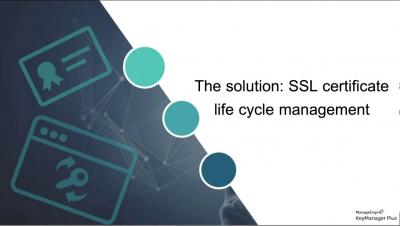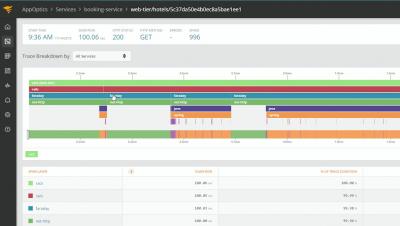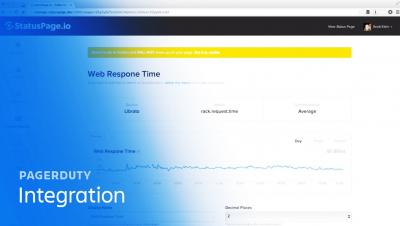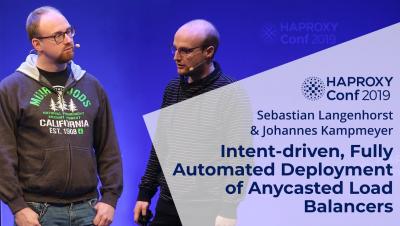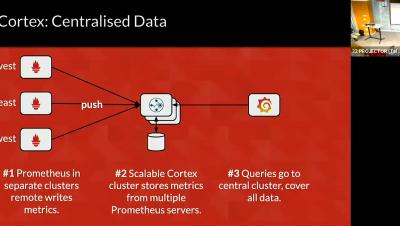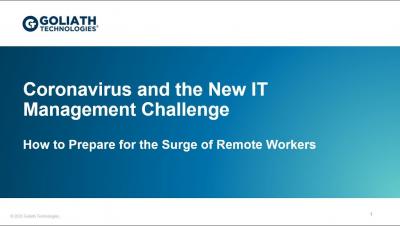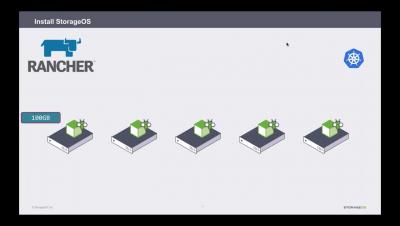SSL certificate life cycle management: Unraveling the mystery behind web service outages
How often have we tried to access a website or a web service to find that the service is down? Most of the time, an expired SSL certificate is reason behind such unforeseen outages. Not only does it result in loss of productivity for end users, but also leaves a dent in the hard-earned reputation for business owners. This webinar throws light on a few such real-world scenarios and recommends a few best practices you should follow to stay on top of SSL certificate life cycle management.


